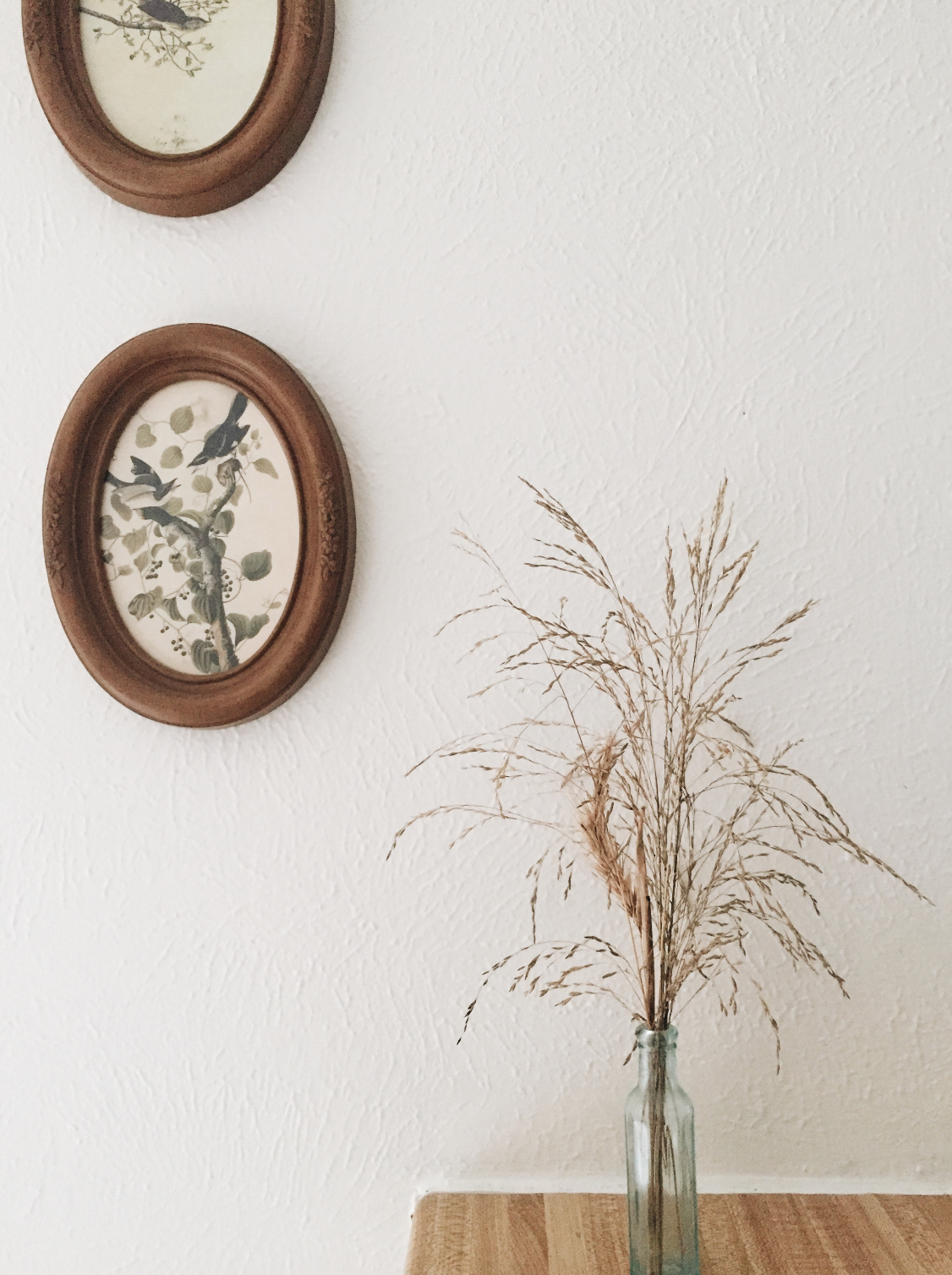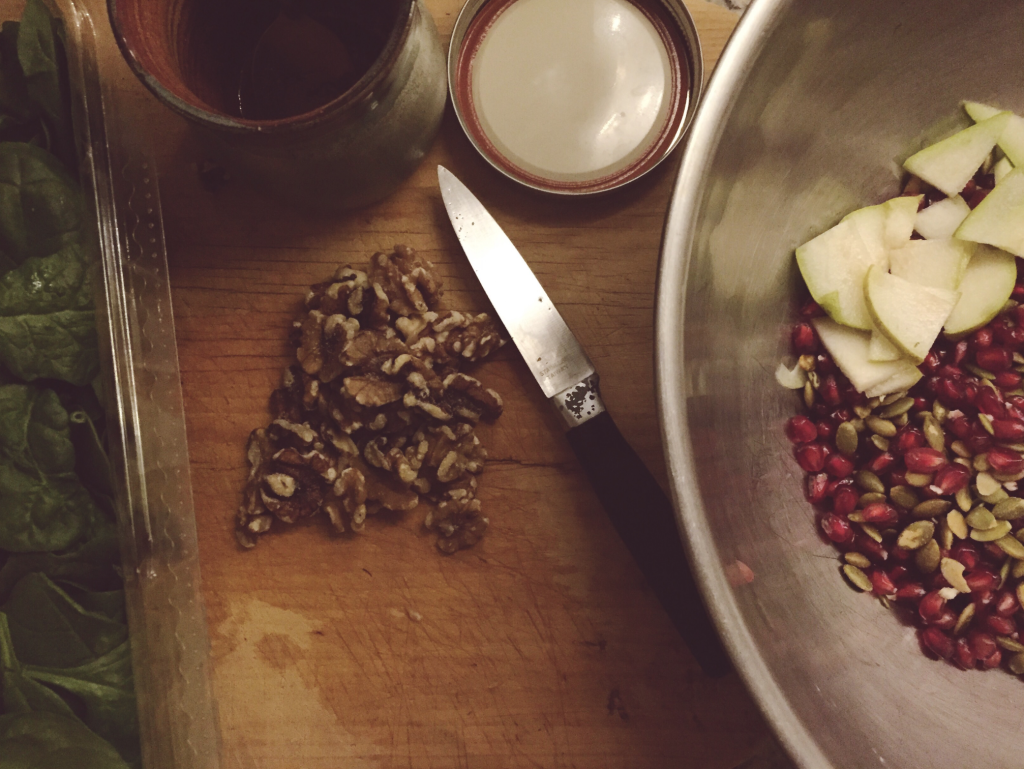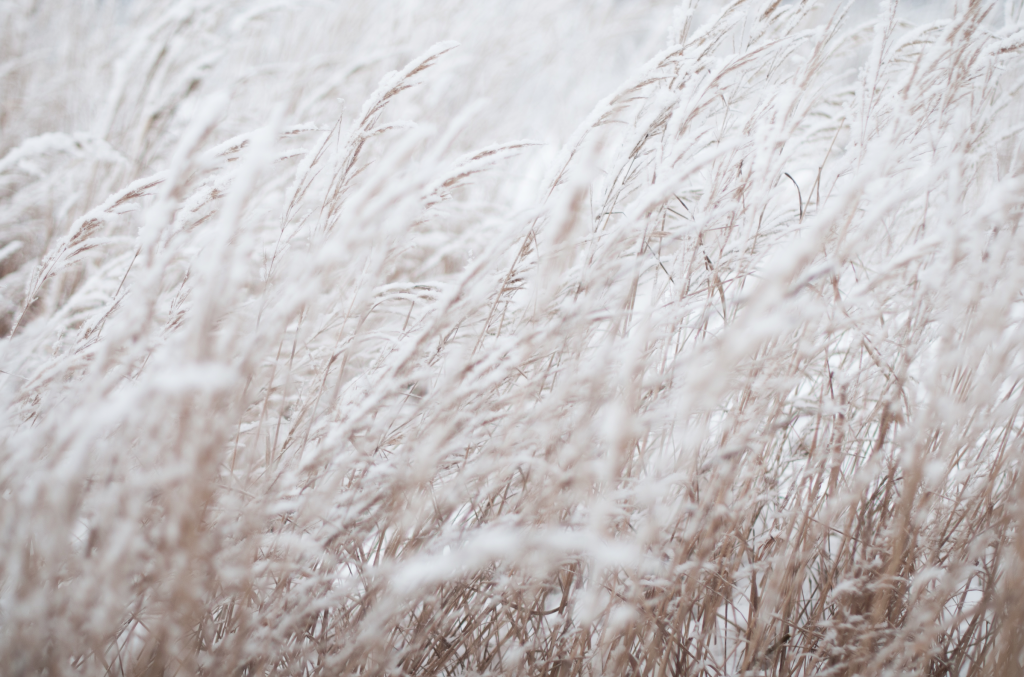Even Dying Can Be Beautiful
If you follow me on Instagram you're probably fed up with my exclamations of joy over the weather in Texas this year. If you know me in person you are definitely fed up with it. I made people physically get up from their chairs last night to go look at the sunset. I dragged my husband into the nearby golden woodsy area for family photos. I keep going on the same route for my walk every day because the trees are changing so slowly and dramatically and I don't want to miss a single moment of it.
To understand this delight you must understand that fall in Texas is usually just fell. The trees turn from greenish brown to brown and then all drop in the span of a week. The weather moves from hot as blazes to bone-chilly in about the same time and the whole thing lasts about a month and then it's practically summer again. But not 2017. For all the other rotten state of things in our world, country, and, this week, our state, 2017 went gangbusters on the weather. So, thank you, 2017. We needed this. Humanity needed this. We needed to remember nothing lasts forever and everything beautiful dies in its time, and someday life will come again.
Autumn is my favorite season. I love the dark mornings and dark evenings. I love the damp smell of leaves. I love the wind. I love the grey days. But I also love the things we do more frequently in autumn. I love dinner by candlelight and wool socks. I love heavier covers on our beds and warmer sheets. Fall bouquets and stews and soups. Give it all to me and I am happy. And, in the spirit of good-will, here are some ways you can enjoy your fall too.
This habit. When the evening begins to dim by dinnertime, we light candles every night at our table. I prefer beeswax candles because they're better for you + they smell delish. These hand-rolled ones are great, but don't burn nearly as long as these. We have both though.
This soup. This is a fall staple in our house. It is perfect on day one and day two and even day three if it lasts that long. I could eat soup every day happily, but especially this one.
This moisturizer. If you're anything like me, once fall hits all the dry skin shows itself. I use a version of this and I love it. The place I get it from has discontinued theirs (plight of many small businesses...), but this one has the same three ingredients. I tried my hand at making body butter last week and so I'm going to attempt making my own version of this soon. I use it every single day on my face, neck, and hands.
This bread. I make a loaf of this bread at the beginning of the week and it sustains our house-hold of three (two grown men and me) the whole week. You might need to make a double batch if you've got kids. The recipe is in the comments on this link.
This wreath. We haven't got a serious garden this year (aiming for it in 2018), but this little herb wreath is a perfect way to preserve those herbs you grew and you can just pinch off a bit through the winter for your meals.
This stew. There is nothing better than a good stew on a crisp day. This is one of my favorite recipes, although I substitute Bragg liquid aminos for the soy sauce.
This pie. I made this pie a few weeks ago and it was gone in less than 12 hours. I'll do a few things differently when I make it next, namely simmer those cranberries down a bit before popping them in with the apples, but otherwise this pie was the perfect fall desert, tart and crisp and buttery goodness. The recipe called for 3/4 cup of sugar, but we like things more tart than sweet, so I halved that. It was perfect for us.
This bouquet. As much as I love flowers, I love their autumn iterations even more. When I walk I gather bits and pieces of brown and golden and purple and berries and have them in vases throughout our house. They'll last all through the fall since they don't have to be kept in water and they just continue to dry out. Here's some more inspiration.














